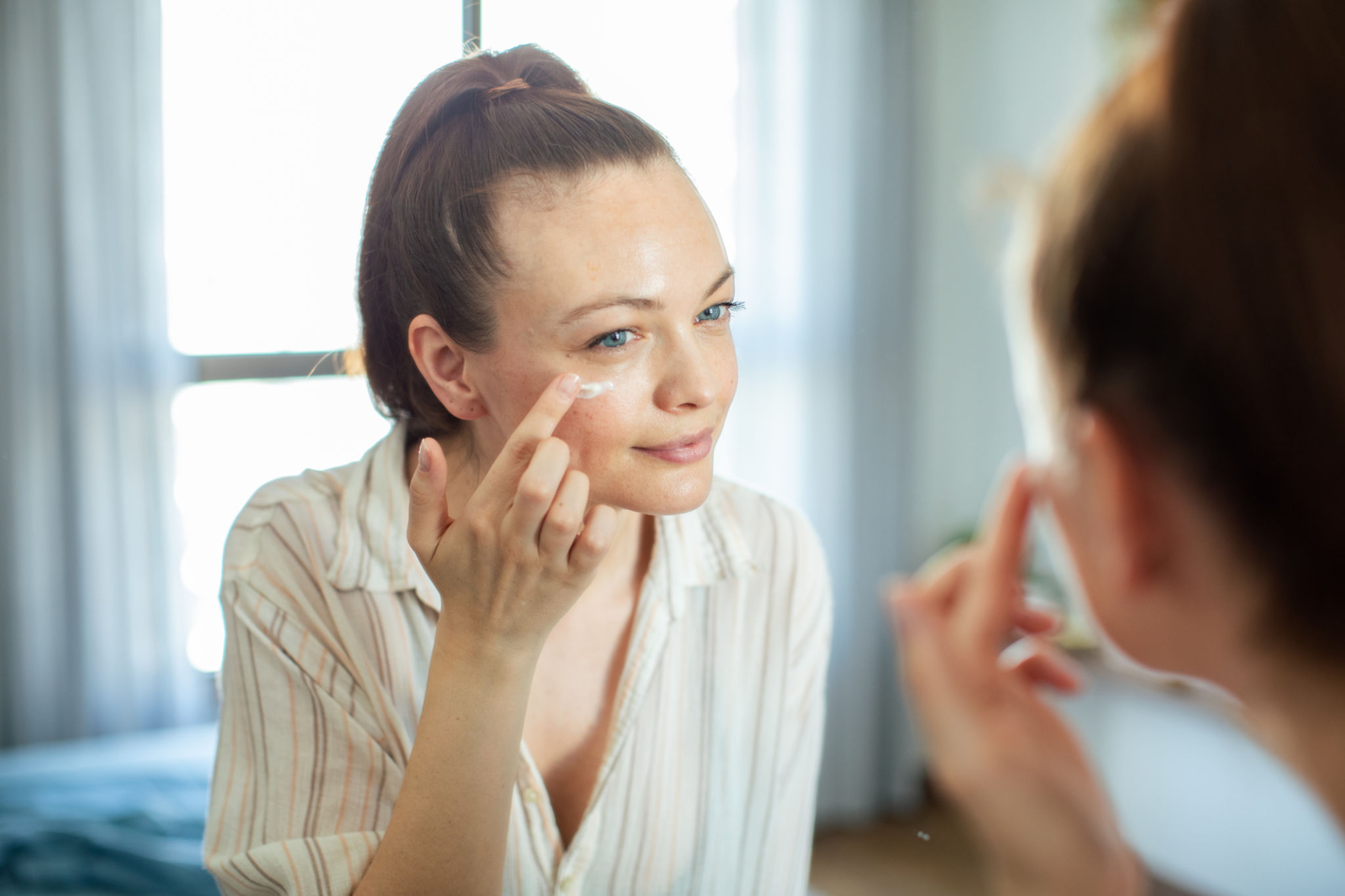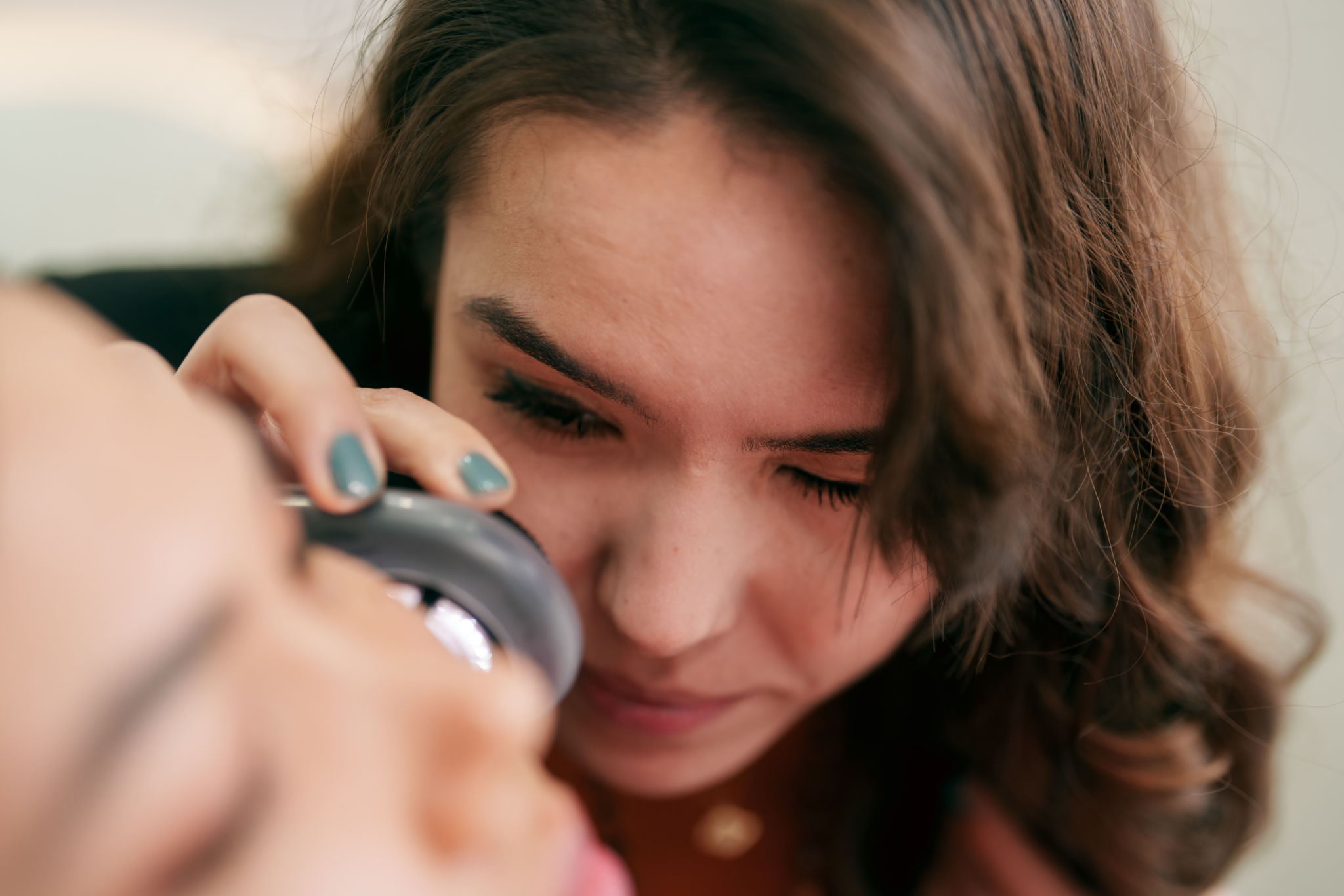The Ultimate Guide to Achieving Healthy Skin in Vancouver's Climate
Understanding Vancouver's Unique Climate
Vancouver's climate is characterized by mild, wet winters and warm, dry summers. This unique blend poses both challenges and opportunities for maintaining healthy skin. The high humidity in winter can lead to moisture retention issues, while the sun exposure during summer requires vigilant protection. Understanding these climatic nuances is the first step to achieving radiant skin in this beautiful city.

Hydration: The Cornerstone of Healthy Skin
One of the most crucial aspects of skincare in Vancouver is maintaining proper hydration. The damp winter air might make it seem like your skin is hydrated, but indoor heating can quickly sap moisture from your skin. To combat this, drink plenty of water and consider using a humidifier at home. Additionally, use a hydrating moisturizer that contains ingredients like hyaluronic acid or glycerin, which help to lock in moisture.
Choosing the Right Moisturizer
Selecting a moisturizer suited to your skin type is vital. For those with oily skin, a lightweight, non-comedogenic lotion is ideal, while individuals with dry skin should opt for richer creams. Remember that during colder months, you might need a more robust product to combat the harsh indoor heating effects.

Sun Protection: Not Just for Summer
Even though Vancouver is known for its rainy weather, UV rays can penetrate clouds and cause damage year-round. Hence, wearing sunscreen daily is non-negotiable. Opt for a broad-spectrum sunscreen with at least SPF 30, and reapply every two hours if you are outdoors for extended periods.
Incorporating Antioxidants
Antioxidants like vitamin C are powerful allies in your skincare routine. They help neutralize free radicals caused by sun exposure and pollution, which are prevalent in urban areas like Vancouver. Incorporate a vitamin C serum into your morning routine to boost your skin's defense against environmental stressors.

Nourishing Your Skin from Within
What you eat plays a significant role in your skin's health. A diet rich in omega-3 fatty acids, fruits, and vegetables can enhance your skin's natural glow. Foods like salmon, walnuts, and blueberries are excellent choices to include in your diet. Additionally, reduce consumption of processed foods and sugar, which can exacerbate skin conditions like acne.
The Role of Supplements
If your diet lacks certain nutrients, consider incorporating supplements such as omega-3s or vitamin E to support skin health. However, it's always best to consult with a healthcare provider before starting any new supplement regimen.

Adapting Your Skincare Routine with the Seasons
As the seasons change, so should your skincare routine. In summer, focus on lighter products and increased sun protection, while in winter, switch to more hydrating and protective formulas. Pay attention to how your skin responds to seasonal shifts and adjust accordingly for optimal results.
Regular Skin Checks
Lastly, regular visits to a dermatologist are essential for maintaining healthy skin. These check-ups can help identify any potential issues early on and provide professional guidance tailored to your specific needs. Remember that prevention is better than cure when it comes to skincare.

